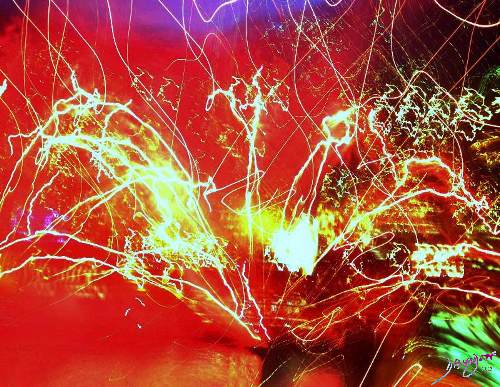Botany More Complex than the Cosmos
The construction of the universe is certainly very much easier to explain than is that of the plant.
Georg Christoph Lichtenberg
Aphorisms, trans. R. J. Hollingdale (1990), 119.
Atoms and Sparrows
Who sees with equal eye, as God of all,
A hero perish or a sparrow fall,
Atoms or systems into ruin hurl’d,
And now a bubble burst, and now a world.
Alexander Pope
‘An Essay on Man’ (1733-4), Epistle I. In John Butt (ed.), The Poems of Alexander Pope (1965), 507.
Understanding Physics and Biology Together – The Goal (a)
Yet is it possible in terms of the motion of atoms to explain how men can invent an electric motor, or design and build a great cathedral? If such achievements represent anything more than the requirements of physical law, it means that science must investigate the additional controlling factors, whatever they may be, in order that the world of nature may be adequately understood. For a science which describes only the motions of inanimate things but fails to include the actions of living organisms cannot claim universality.
Arthur Holly Compton
The Human Meaning of Science (1940), 31.
Understanding Physics and Biology Together – The Goal (b)
[Certain students] suppose that because science has penetrated the structure of the atom it can solve all the problems of the universe. … They are known in every … college as the most insufferable, cocksure know-it-alls. If you want to talk to them about poetry, they are likely to reply that the “emotive response” to poetry is only a conditioned reflex …. If they go on to be professional scientists, their sharp corners are rubbed down, but they undergo no fundamental change. They most decidedly are not set apart from the others by their intellectual integrity and faith, and their patient humility in front of the facts of nature…. They are uneducated, in the fullest sense of the word, and they certainly are no advertisement for the claims of science teachers.
Anthony Standen
In Science is a Sacred Cow (1950), 18-19
Hubble’s observations suggested that there was a time, called the big bang, when the universe was infinitesimally small and infinitely dense. Under such conditions all the laws of science, and therefore all ability to predict the future, would break down. If there were events earlier than this time, then they could not affect what happens at the present time. Their existence can be ignored because it would have no observational consequences. One may say that time had a beginning at the big bang, in the sense that earlier times simply would not be defined. It should be emphasized that this beginning in time is very different from those that had been considered previously. In an unchanging universe a beginning in time is something that has to be imposed by some being outside the universe; there is no physical necessity for a beginning. One can imagine that God created the universe at literally any time in the past. On the other hand, if the universe is expanding, there may be physical reasons why there had to be a beginning. One could still imagine that God created the universe at the instant of the big bang, or even afterwards in just such a way as to make it look as though there had been a big bang, but it would be meaningless to suppose that it was created before the big bang. An expanding universe does not preclude a creator, but it does place limits on when he might have carried out his job! ? Stephen W. Hawking A Brief History of Time: From the Big Bang to Black Holes (1988), 8-9.

